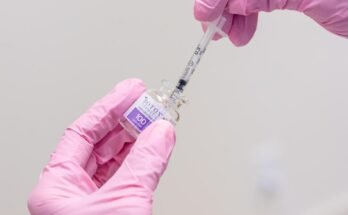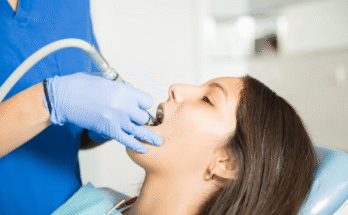Mobile Health Apps and health devices have the potential to become powerful health tools. Advances have not only allowed Smartphones to be used as diagnostic tools (think about adding sleep tracking functionality) but also the simple fact that many of us have some gadgets that help make healthcare more accessible. There are currently more than 100,000 health apps available for download, and that number is expected to grow rapidly as technology and healthcare continue to evolve.
Also Read: Steps To Follow For Successful Healthcare Mobile App Development
What Can Mobile Health Technology Do?
Mobile devices can be used to track, record, and integrate data as well as guide many aspects of healthcare. Smartphones are being used as medical devices in prenatal care, cancer care, and theoretical diseases, just to give a few examples. Other mobile devices, such as tablets, wearable sensors, and portable biomedical systems are increasingly used not only by patients but also by health professionals. The dominance of mobile health technology is so wide that one could argue that mobile health is more effective than health-related health technology. This is especially true in areas where supply is scarce.
For a person with a chronic illness, regular health care can mean the difference between forgiveness and experiencing symptoms that only get worse. Mobile Health offers the benefit of round-the-clock monitoring that was once only accessible to stable people who could afford permanent care.
How Doctors Use Mobile Technology
Not only patients but also physicians are recognizing the requirements and benefits of mobile health technology. These tools can help gather more accurate clinical history, recording reasonable patient parameters, supporting the decision-making process, assisting in patient communication, educating patients, and monitoring treatment adherence. We are now just a button away from contacting our doctors, and those who care for us can use these tools to better handle the way they interact with us.
New ways of using Smartphones to enhance maintenance are constantly evolving. For example, the use of electronic clinical diaries brings new opportunities for monitoring patients with asthma and high blood pressure. Smartphones are becoming an invaluable medical companion for those of us with allergies and helping medical professionals diagnose and manage allergy treatments. Pollen-induced allergic rhinitis is a condition that can be difficult to diagnose due to a variety of factors that need to be considered. Now, scientists are looking for new ways to diagnose the condition using non-invasive methods. It seems that Smartphones can also play an important role in this evolution.
Another major benefit of mobile health technology is lower prices. Commonly used Smartphones can be adapted to include health components at a fraction of the cost of most traditional devices. A few dollars may now be enough to get a medical test done using a Smartphone, making various special procedures available to a wider population. Increasing the availability of medical procedures in conjunction with free or inexpensive phone apps is also helping to close the digital and health divide.





